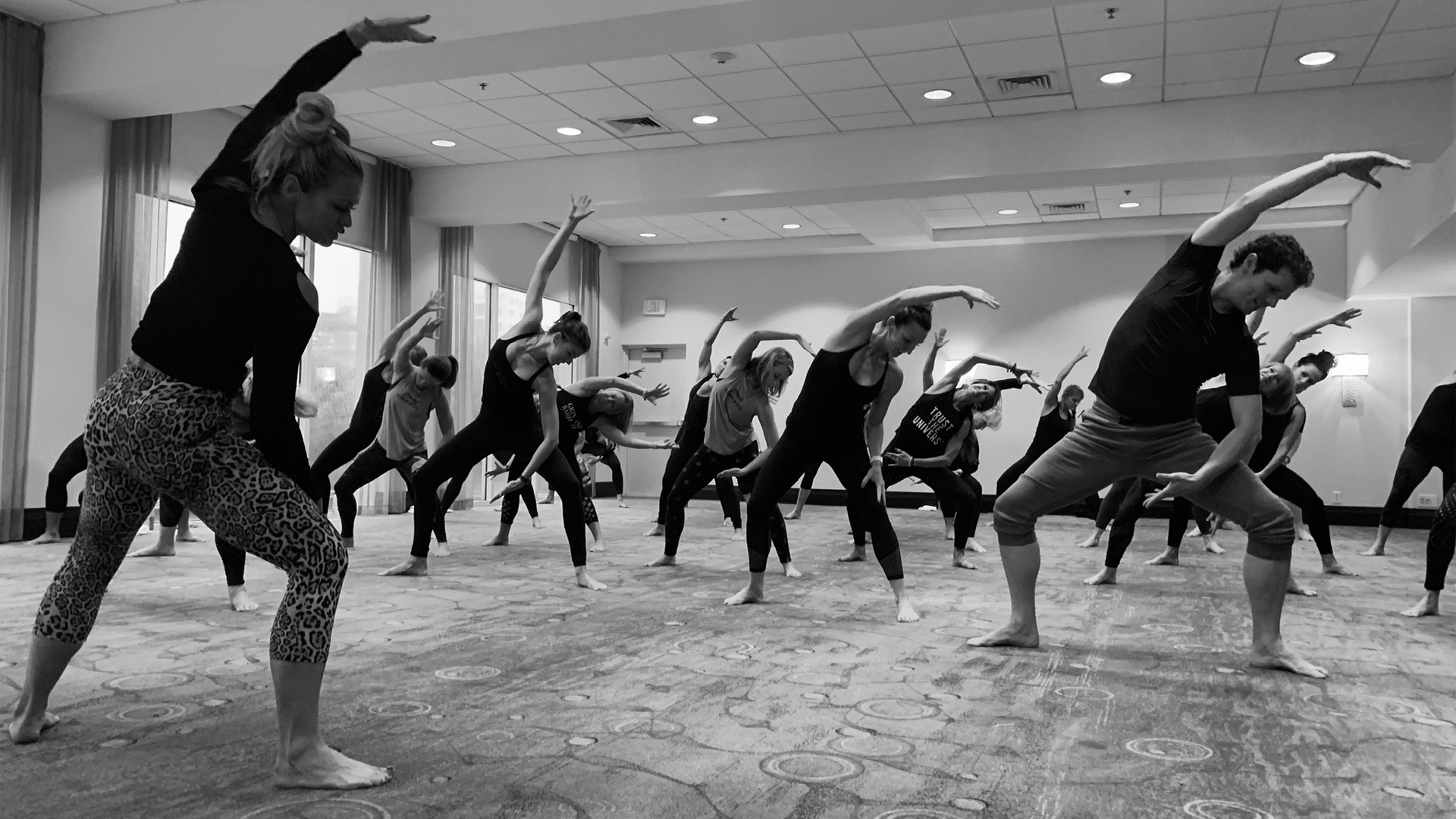All Categories

Coaching is one of the most rewarding yet challenging careers. It goes beyond just having experience as a player.
As a coach, you wear many hats: business owner, manager, tutor, strategist, and counselor, guiding your clients and athletes toward success. Self-improvement is one of the most effective strategies to enhance your coaching skills.
Focusing on your development can help you improve in areas like communication, ensuring your message is clear and specific.
Throughout my two decades of coaching professional athletes, I’ve encountered numerous victories and setbacks. These experiences have played a pivotal role in shaping me into the coach I am today. I firmly believe that the development process is ongoing and never truly ends.
Today, I’m sharing five practical tips I’ve learned along the way to help you foster a growth mindset and elevate your coaching performance.
It is essential to set clear and achievable goals to improve coaching performance for several reasons:
Setting goals is fundamental to coaching as it provides direction, enhances motivation, supports continuous performance improvement, ensures accountability, facilitates strategic planning, and fosters effective communication.
Providing effective feedback is crucial for the development of clients and athletes. It’s essential to strike a balance between offering positive reinforcement for what the client/athlete is doing well and providing constructive criticism to highlight areas for improvement.
Tailoring your approach to each individual player is key, as it allows you to provide feedback that resonates with them personally.
Offering consistent, personalized feedback is instrumental in helping clients/athletes clearly understand their strengths and identify specific areas for improvement.
Continuous learning is essential in the world of health and fitness. Coaches need to keep up with new techniques, strategies, and technologies to stay competitive.
One proven strategy I’ve honed is to glean insights from seasoned coaches across various sports and niches. This approach has exposed me to unexplored perspectives and methodologies I may not have encountered otherwise.
Ongoing professional development through literature, mentorship, and industry events enables coaches to enhance and broaden their expertise. This dedication to learning supports professional development and helps prevent burnout, but It also sets a positive example for staff and clients, emphasizing the importance of continuous improvement.
Attending coaching conferences and networking with peers create opportunities for collaboration and knowledge exchange, leading to valuable insights and resources that improve coaching and business.
Continuous learning helps coaches stay passionate about their profession and fosters a culture of innovation within their team. By committing to lifelong learning, coaches can provide their staff and clients with the best possible guidance and support.
Maintaining a balanced perspective and prioritizing values like honesty, hard work, and integrity is crucial for coaching success.
By emphasizing these qualities, coaches can instill a strong moral compass in their athletes, which not only influences their performance on the field but also shapes their character. Moreover, the best coaches stay focused on continuous improvement by reminding themselves that personal growth and the journey are more meaningful than the destination.
This mindset fosters a healthier and more sustainable approach to success, encouraging all involved to embrace challenges and setbacks as opportunities for growth.
In my opinion, coaching success shouldn’t be defined by wins and losses. Coaching success is about nurturing individuals who embody strong values, resilience, and a growth mindset, both in sports and in life.
Aspiring to be a trailblazer can have a significant impact on coaching success and business progress by encouraging coaches and leaders to think innovatively and take calculated risks.
Embracing a growth mindset enables coaches to create new and effective motivation and training techniques. This can help bring out the best in their clients, athletes, or team members, leading to improved performance, increased motivation, and a more cohesive team dynamic.
In the business context, implementing trailblazing principles can cultivate a culture of innovation, resulting in the development of unique products or services and the ability to adapt to changing market demands.
In short, trailblazing can lead to success by challenging the status quo and fostering a mindset of continuous improvement not only in yourself but also in those around you.
Coaching is a multifaceted and demanding profession that requires continuous self-improvement and adaptability.
Focusing on developing a growth mindset can enhance your effectiveness and guide your clients and athletes to greater heights. The five practical tips outlined above are essential strategies for elevating your coaching performance.
Embrace these tips, stay committed to your personal and professional growth, and inspire your clients to reach their full potential.
Brenton is an Australian with 20 years of experience working with professional athletes who have won more than 15 international events combined. He holds a degree in Sports Coaching and was the former Head Coach of the Japanese Government Sports Institute. Brenton also served as the former Manager & Head Coach to Australia’s Governing Sporting Body and has been a Dunlop International Advisory Board member since 2010. Additionally, he has successfully been self-employed for 17 years and understands the challenges of building a business. Brenton’s expertise lies in goal setting, leadership, internal and external motivation, biomechanics, and program design and delivery. Brenton continues to consult with professional athletes and sporting organizations.
Powering the Business of Health, Fitness, and Wellness Coaching

By Elisa Edelstein

By Robert James Rivera

By Elisa Edelstein

By Robert James Rivera

By Rachel MacPherson

By Elisa Edelstein

Powering the Business of Health, Fitness, and Wellness Coaching
